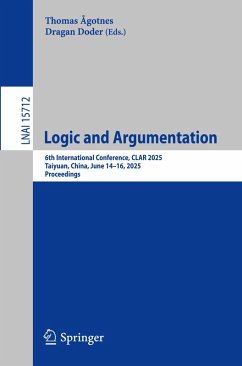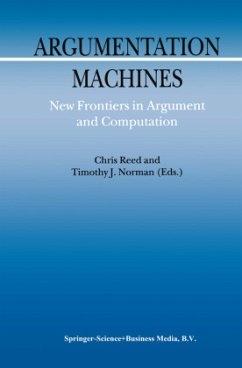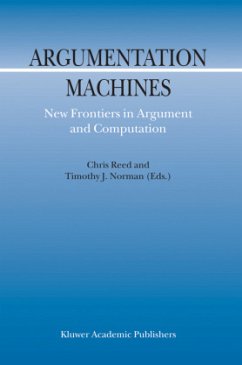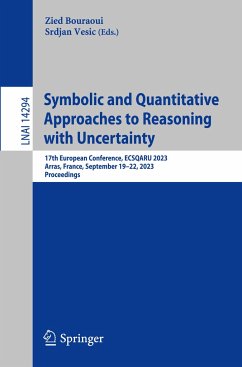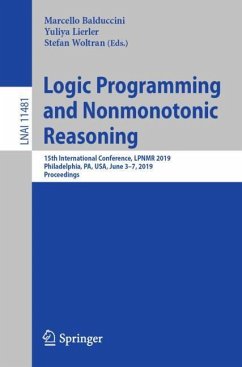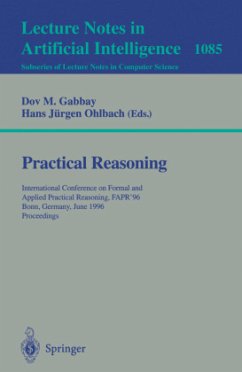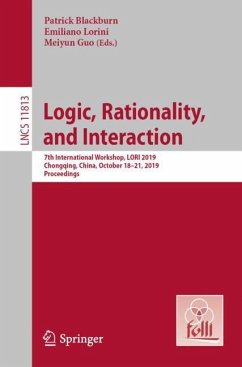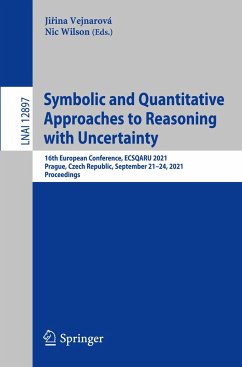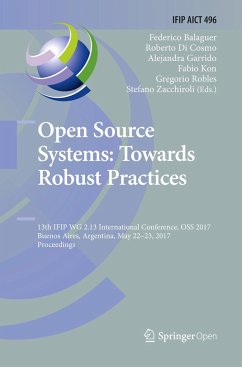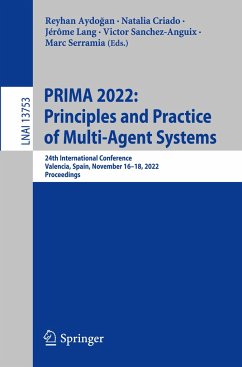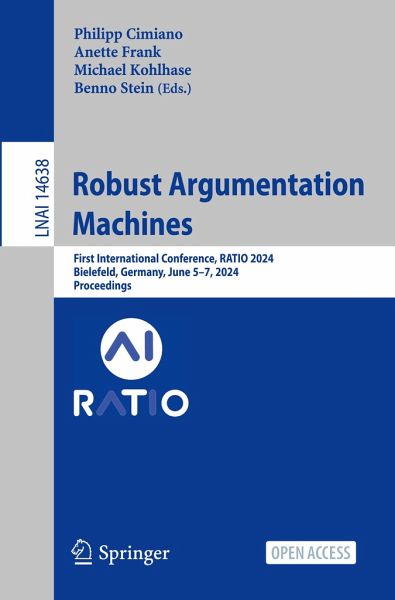
Robust Argumentation Machines
First International Conference, RATIO 2024, Bielefeld, Germany, June 5-7, 2024, Proceedings
Herausgegeben: Cimiano, Philipp; Frank, Anette; Kohlhase, Michael; Stein, Benno
Versandkostenfrei!
Versandfertig in 6-10 Tagen
98,99 €
inkl. MwSt.

PAYBACK Punkte
49 °P sammeln!
This open access book constitutes the proceedings of the First International Conference on Robust Argumentation Machines, RATIO 2024, which took place in Bielefeld, Germany, during June 5-7, 2024.The 20 full papers and 1 short paper included in the proceedings were carefully reviewed and selected from 24 submissions. They were organized in topical sections as follows:Argument Mining; Debate Analysis and Deliberation; Argument Acquisition, Annotation and Quality Assessment; Computational Models of Argumentation; Interactive Argumentation, Recommendation and Personalization; and Argument Search ...
This open access book constitutes the proceedings of the First International Conference on Robust Argumentation Machines, RATIO 2024, which took place in Bielefeld, Germany, during June 5-7, 2024.
The 20 full papers and 1 short paper included in the proceedings were carefully reviewed and selected from 24 submissions. They were organized in topical sections as follows:
Argument Mining; Debate Analysis and Deliberation; Argument Acquisition, Annotation and Quality Assessment; Computational Models of Argumentation; Interactive Argumentation, Recommendation and Personalization; and Argument Search and Retrieval.
The 20 full papers and 1 short paper included in the proceedings were carefully reviewed and selected from 24 submissions. They were organized in topical sections as follows:
Argument Mining; Debate Analysis and Deliberation; Argument Acquisition, Annotation and Quality Assessment; Computational Models of Argumentation; Interactive Argumentation, Recommendation and Personalization; and Argument Search and Retrieval.





